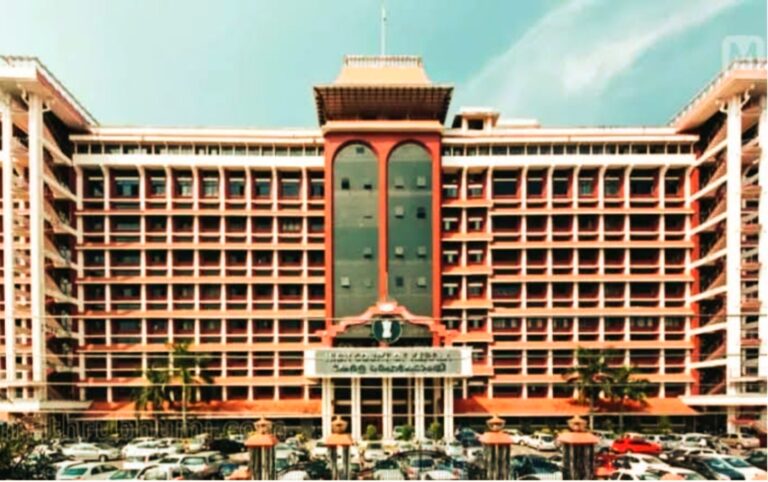The court emphasized that grants provided to cover day-to-day operational expenses, such as salaries and allowances, are not taxable under GST as they do not constitute consideration for goods or services supplied.
The Kerala High Court in case of Kerala Infrastructure and Technology For Education vs. Union Of India [WP(C) NO. 12864/2024] has clarified that financial grants provided to cover daily operational expenses are not subject to Goods and Services Tax (GST). These grants, not classified as payment or consideration for any service rendered, fall outside the purview of taxable transactions under the GST framework.
Key Observations by the Court
The bench, led by Justice Gopinath P., stated: “The assessee has only received grants to meet its day-to-day expenses, including salary, allowances, etc. Such payments cannot be deemed as consideration for alleged services rendered or goods supplied by the assessee. The revenue has no case that the assessee’s activity falls within Schedule I.”
This judgment arose in a case involving a taxpayer organization, 99.99% owned by the Government of Kerala. The organization is primarily responsible for procuring and supplying IT hardware to government departments and supporting schools as directed by the General Education Department. Funding for these operations is provided by the Kerala Infrastructure Investment Fund Board (KIIFB), a statutory body under the state government.
Also Read: How to Challenge SCNs Under Section 74 of the CGST Act, 2017
Background of the Case
An order issued by the Additional/Joint Commissioner required the taxpayer to remit GST amounting to ₹99,05,74,260. This order was based on the premise that the taxpayer’s activities constituted a composite supply of goods and services to schools, thereby attracting GST liability.
The taxpayer contested the order, arguing that the transactions between them, the government, and supported schools did not qualify as “supply” under Section 7 of the CGST/SGST Acts. Furthermore, the Show Cause Notice (SCN) and the order failed to substantiate claims that the taxpayer’s actions constituted activities outlined in Schedule I of the CGST Act.
Also Read: GST Council 55th Meeting Scheduled at Jaisalmer on 21 December: Key Updates and Expectations
Court’s Analysis and Findings
The bench examined Section 7 of the CGST Act, which specifies the criteria for transactions to qualify as a supply of goods or services. A critical element is the presence of “consideration” for the transaction.
The court noted:
- The grants received by the taxpayer were solely for covering operational costs such as salaries and allowances.
- There was no evidence to suggest that the taxpayer received any consideration from the government, KIIFB, or the General Education Department in exchange for goods or services supplied.
- The adjudicating authority’s findings on ownership were contradictory. While the taxpayer was deemed the owner of the goods, it was also stated that ownership resided with the General Education Department.
Based on these findings, the court concluded that the grants could not be considered consideration for any supply. Consequently, the taxpayer’s activities did not fall within the scope of taxable supply under Schedule I.
Final Ruling
The Kerala High Court quashed the order imposing GST liability on the taxpayer. The bench emphasized that grants provided to cover day-to-day operational expenses, such as salaries and allowances, are not taxable under GST as they do not constitute consideration for goods or services supplied.
This judgment reaffirms that grants solely intended for operational funding cannot be treated as taxable transactions under the GST regime, providing clarity for similar cases in the future.
READ MORE
PAN 2.0 Project Approved by CCEA: A Milestone in Taxpayer Services Modernisation
Whether Capital Expenditure is an Application of Income under Section 11 of the Income Tax Act
